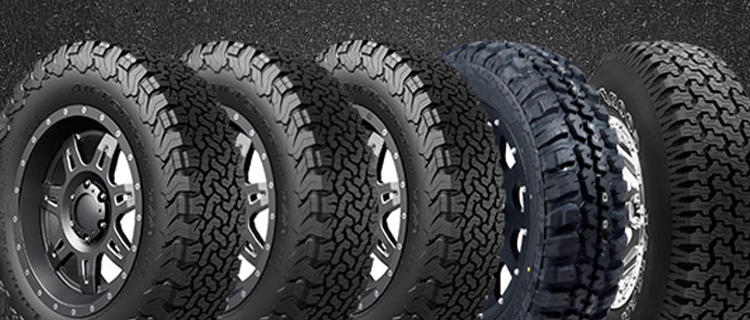
Choosing the right tires for a truck is crucial for safety, performance, and efficiency. Trucks, whether used for personal or commercial purposes, have different tire requirements than standard vehicles due to their size, load capacity, and usage conditions. This article explores the key factors to consider when selecting truck tires, the different types available, and recommendations for various truck uses.
Understanding Truck Tire Basics
It’s critical to comprehend the fundamentals before delving into particular tire kinds. Based on their placement on the vehicle, truck tires are divided into three primary categories: steer, drive, and trailer tires. Every kind has a different tread pattern and design that are suited to its particular use and purpose.
- Steer tires: Located in front of the vehicle, these tires are engineered to provide a seamless ride and accurate steering. For handling and stability, they often feature a ribbed tread pattern.
- Driving Tires: These tires are in charge of supplying traction and are situated at the driving axle. They offer superior traction, particularly on uneven or slick conditions, thanks to their deeper, more aggressive tread pattern.
- Trailer Tires: Located on the trailer, these tires are made to handle large loads and lengthy trips. Usually, they feature a robust sidewall and a tread design that strikes a compromise between longevity and efficiency.
Factors to Consider
When selecting tires for a truck, several factors need consideration:
- Load Capacity: The tire’s load rating should match or exceed the maximum load the truck is expected to carry. Overloading can lead to tire failure.
- Tire Size: Using the manufacturer’s recommended tire size ensures the best fit and performance.
- Road Conditions: The type of roads the truck will frequently travel on determines the tread pattern required. For instance, off road tires for trucks needs to have a more aggressive tread pattern for better traction.
- Weather Conditions: In areas with extreme weather, specialized tires like all-season or winter tires might be necessary.
- Fuel Efficiency: Some tires are designed to reduce rolling resistance, thus improving fuel efficiency.
Tire Types for Trucks
- All-Season Tires: Suitable for light-duty trucks, all-season tires provide a moderate tread depth for a pleasant ride in most weather conditions and a balance between wet and dry performance.
- All-Terrain Tires: Trucks that often switch between on- and off-road conditions are best suited for all-terrain tires, which feature an aggressive tread pattern that improves off-road traction while maintaining a smooth ride on the road.
- Mud Tires: Mud tires are designed to provide optimum traction in soft terrains for trucks that are primarily driven off-road, especially in muddy circumstances. Mud tires have huge, chunky tread blocks.
- Winter tires: Having a tread design and rubber compositions optimized for grip on snow and ice, winter tires are essential in places experiencing severe winter conditions.
Considering Brand and Budget
Selecting a tire brand is crucial as well. Although they could cost more, well-known companies like Giti, Michelin, Goodyear, and Bridgestone provide a selection of high-quality options. There are also brands that are more affordable, but be sure they fulfill safety and performance criteria by doing your homework.
Maintenance is Key
Regardless of the tire chosen, regular maintenance is essential. This includes:
- Regular Inspections: Check for any signs of wear, damage, or uneven tread wear.
- Proper Inflation: Maintain the recommended tire pressure to prevent premature wear and improve fuel efficiency.
- Rotation and Balancing: Regularly rotating and balancing tires ensures even wear and extends tire life.
- Alignment Checks: Proper alignment prevents uneven wear and improves handling.
Specialized Recommendations – For different truck uses, specific tires are recommended:
- Long-Haul Trucks: Fuel-efficient, long-lasting highway tires are ideal.
- Construction and Off-Road Trucks: All-terrain or mud tires provide the necessary traction.
- City and Delivery Trucks: Durable all-season tires that can handle frequent stopping and starting are best.
Conclusion
The use, weight requirements, and road conditions of the truck all play a role in choosing the right tires. All-season tires might be enough for light-duty or recreational use, while specialty tires, such as highway or all-terrain tires, provide unique benefits for harsher environments.
In the end, spending money on the appropriate tires improves the truck’s efficiency and performance in addition to ensuring safety. To get the most out of your truck’s tires, keep in mind that tire maintenance is just as vital as the initial choice. Therefore, you must perform routine inspections and care.
